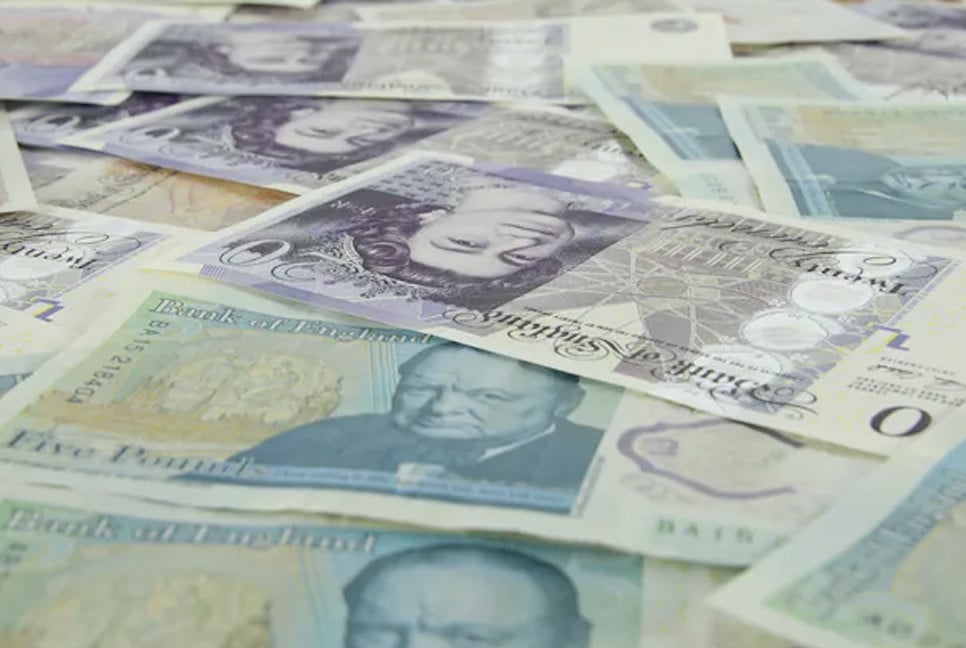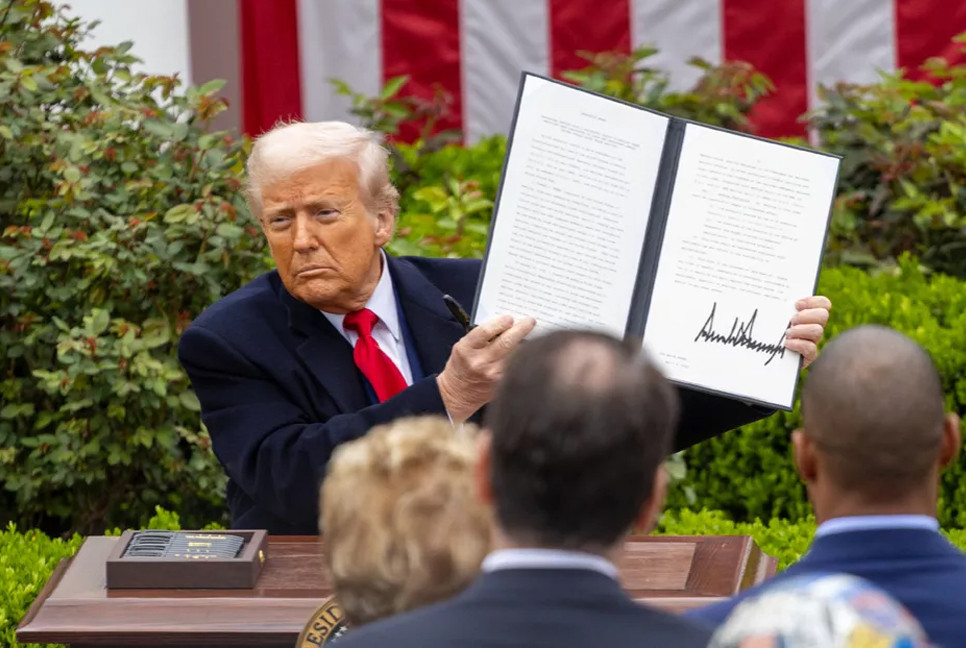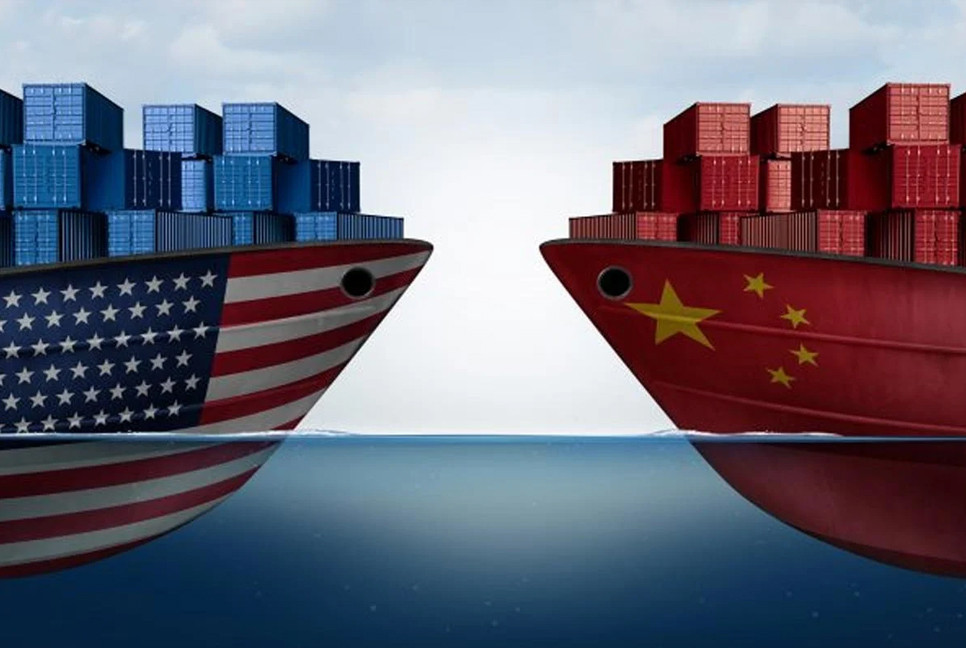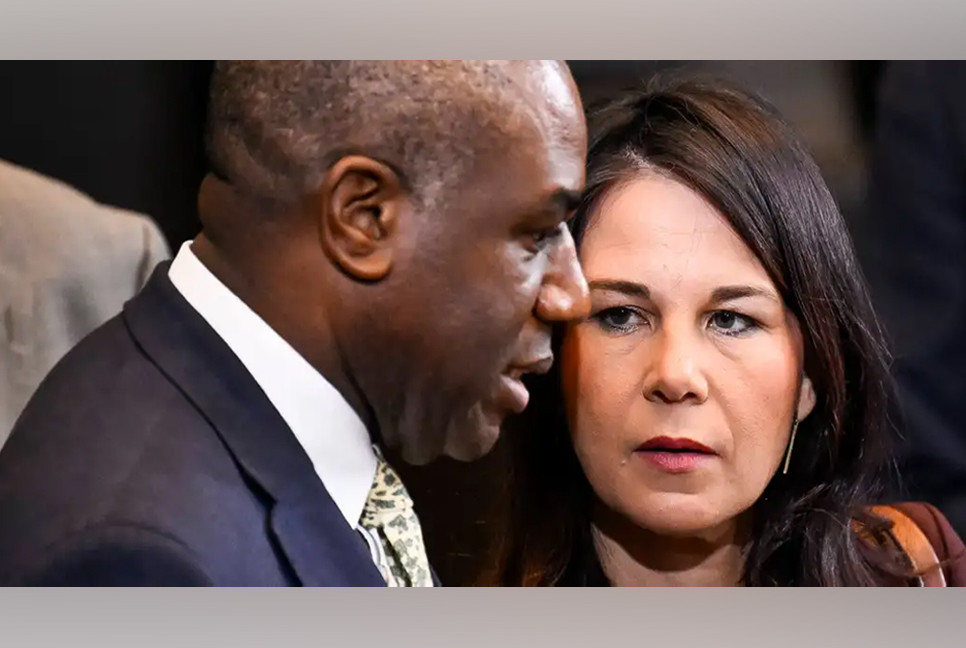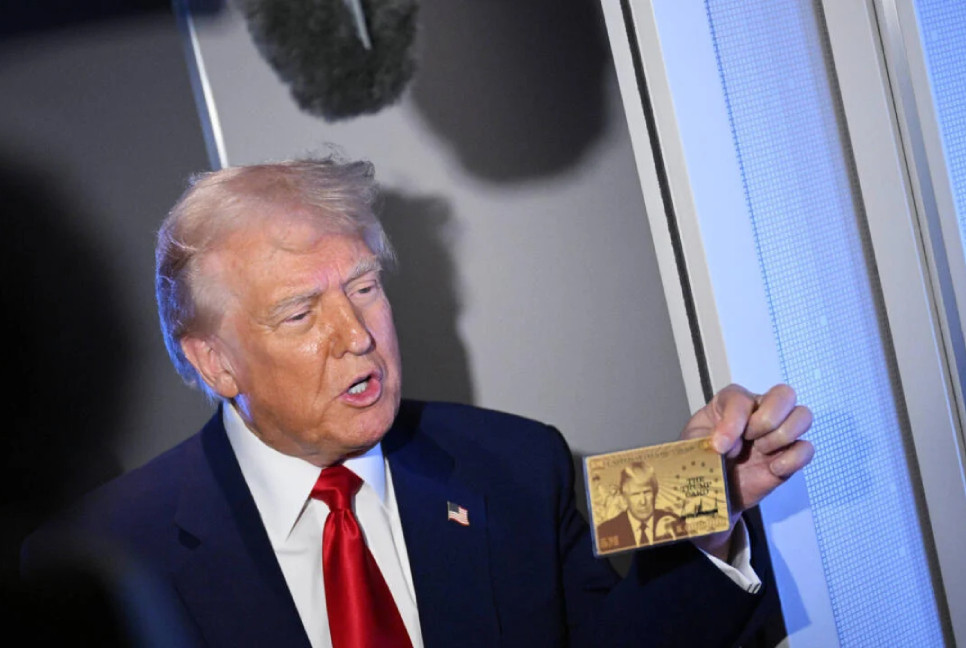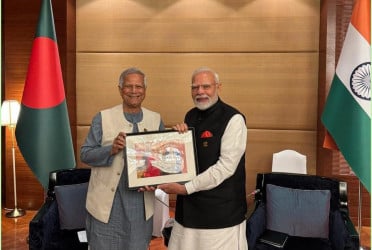The UK extracted USD 64.82 trillion from India over a century of colonialism between 1765 and 1900 and USD 33.8 trillion of this went to the richest 10 percent -- enough money to carpet London in notes of 50 British pound almost four times over, reports NDTV.
This forms part of rights group Oxfam International's latest flagship global inequity report released every year on the first day of the World Economic Forum Annual Meeting.
The report, titled 'Takers, not Makers' and released here on Monday hours before the start of the annual meeting of the rich and powerful across the globe, cited several studies and research papers to claim that the modern multinational corporation is a creation of colonialism only.
"Legacies of inequality and pathologies of plunder, pioneered during the time of historical colonialism, continue to shape modern lives.
“This has created a deeply unequal world, a world torn apart by division based on racism, a world that continues to systematically extract wealth from the Global South to primarily benefit the richest people in the Global North," Oxfam said.
Using various studies and research papers as its basis, Oxfam calculated that between 1765 and 1900, the richest 10 per cent in the UK extracted wealth from India alone worth USD 33.8 trillion in today's money.
"This would be enough to carpet the surface area of London in British pound 50 notes almost four times over," it said.
In the UK, a significant number of the richest people today can trace their family wealth back to slavery and colonialism, specifically the compensation paid to rich enslavers when slavery was abolished, it added.
On the modern multinational corporation being a creation of colonialism, Oxfam said it was pioneered by such corporations as the East India Company, which became a law unto itself and was responsible for many colonial crimes.
"In the modern day, multinational corporations, often occupying monopoly or near-monopoly positions, continue to exploit workers in the Global South, particularly women workers, on behalf of rich shareholders primarily based in the Global North," it said.
Global supply chains and export processing industries represent modern colonial systems of south–north wealth extraction.
Workers in these supply chains frequently experience poor working conditions, a lack of collective bargaining rights, and minimal social protection, the report said.
Oxfam said that wages in the Global South are between 87 per cent and 95 per cent lower than wages in the Global North for work of equal skill.
Large multinational corporations dominate global supply chains, benefitting from cheap labour and the continued extraction of resources from the Global South; they capture the vast majority of profits and perpetuate dependence, exploitation and control through economic means, Oxfam said.
On money extracted from India by the UK during over 100 years of colonialism between 1765 and 1900, Oxfam said that beyond the richest, the main beneficiaries of colonialism were the newly emergent middle class.
After the richest 10 per cent, who received 52 per cent of this income, the new middle class received a further 32 per cent of income.
Besides, in 1750, the Indian subcontinent accounted for approximately 25 per cent of global industrial output.
However, by 1900 this figure had precipitously declined to a mere 2 per cent, the Oxfam report noted.
This dramatic reduction can be attributed to Britain's implementation of stringent protectionist policies against Asian textiles, which systematically undermined India's industrial growth potential, Oxfam said.
Paradoxically, it took a global conflict to temporarily alleviate this industrial suppression and during World War One (1914–18), the disruption of colonial trade patterns inadvertently catalysed industrial growth in the colonies, Oxfam said.
Regions with significant decreases in British imports during the war demonstrated enhanced industrial employment growth – a pattern that is still visible today.
Oxfam further said that colonialism was often led by private multinationals, who were often granted monopolies and made enormous profits from overseas expansion.
The concept of private multinational corporations, bankrolled by rich shareholders, was a product of the colonial era and many colonial corporations employed their own armies to ruthlessly crush rebellions, it said.
The East India Company's army in India totalled 260,000 soldiers -- twice the size of the British peacetime army.
"They engaged in land dispossession, violence, and mergers and acquisitions, driving globalization and contributing to the creation of the world's first global financial system. Financial markets, especially in London, facilitated these colonial behemoths," Oxfam said.
From the 1830s to 1920, 3.7 million Indian, Chinese, African, Japanese, Melanesian and other people were transported to work in colonial plantations and mines, and to lay down infrastructure as indentured labourers, it added.
The report further noted that in India in 1875 the top earners were mainly European officers of the army and the administration, but by 1940 they were mainly traders, bankers and industrialists.
Wealth and political power continued to be concentrated among the richest people in many countries in the Global South post-independence, with abject poverty and immense wealth separated by electric fences, golf courses and other barriers, it added.
Bd-pratidin English/Tanvir Raihan

